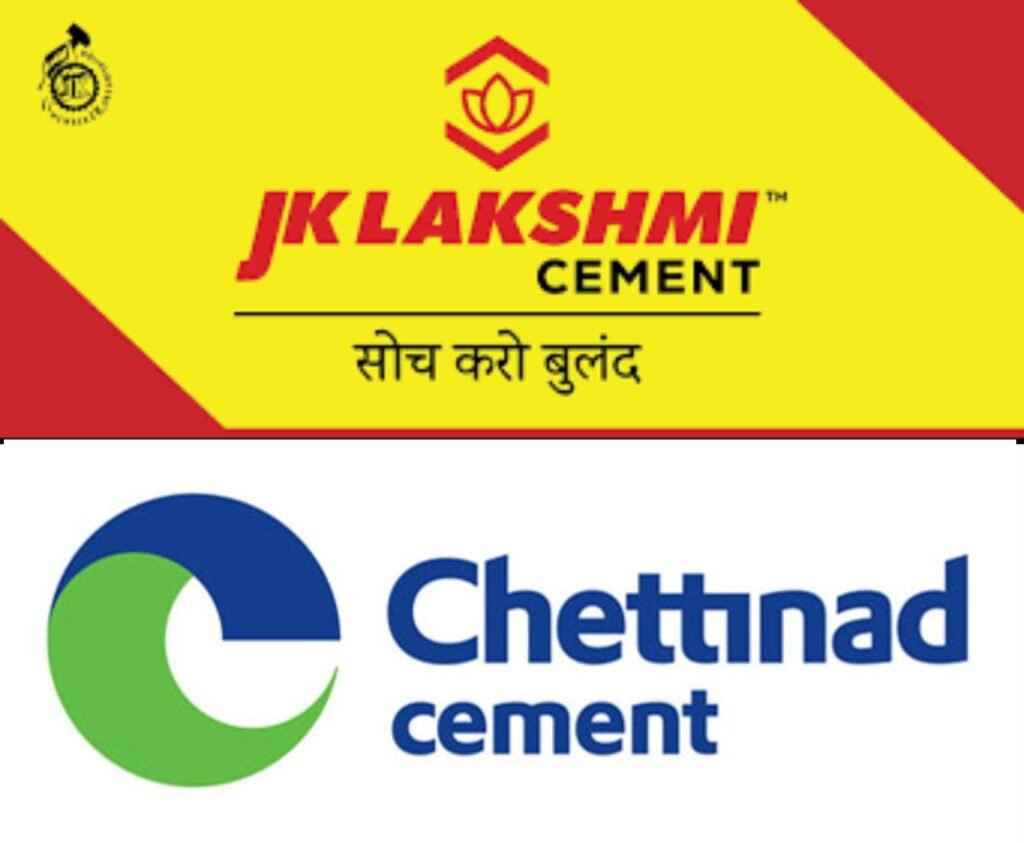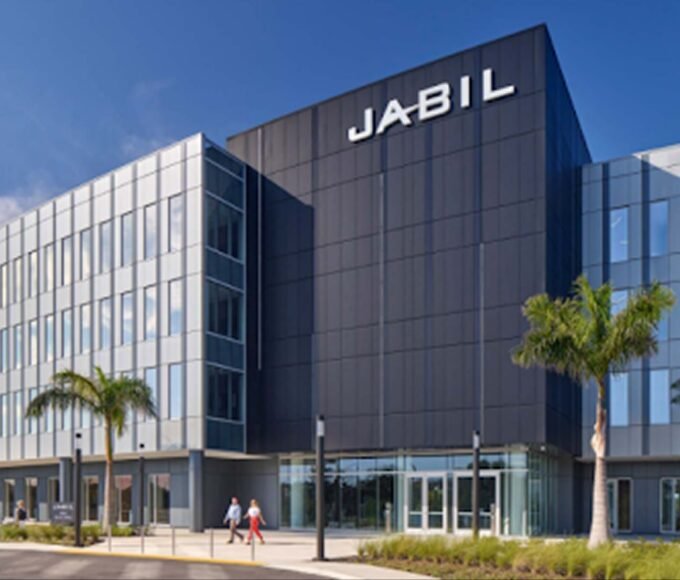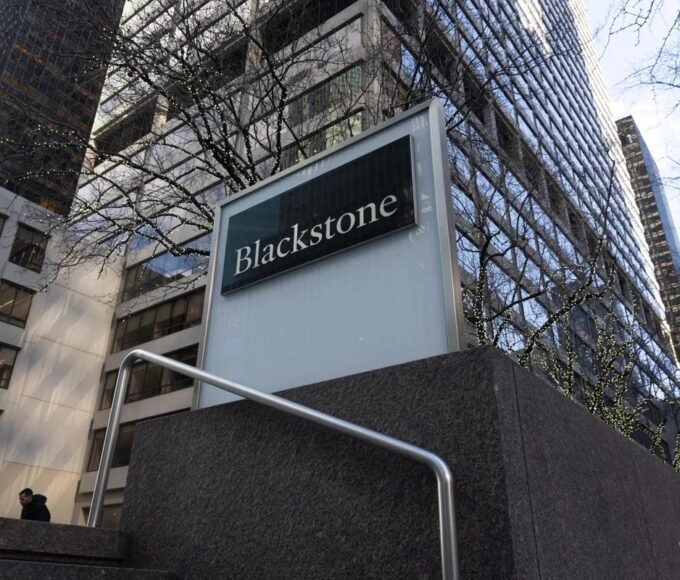Recent Posts
HDFC Capital, CLS Launch Institutional Rental Housing Platform
January 29, 2026JK Lakshmi, Chettinad Cement in Race to Acquire Deccan Cements Amid AP Infra Boom

According to sources quoted by The Economic Times, talks are at an advanced stage between JK Lakshmi Cement and Chettinad Cement in acquiring Deccan Cements. The company seeks a valuation of $360 million (₹3,110 crore) for the deal. This comes at the right time, as Andhra Pradesh is on an infrastructure development spurt, creating demand for freight-centric cement manufactured locally.
Deccan Cements, with its headquarters in Hyderabad and a plant located near Vijayawada, is expected to see its output hit the mark of 4 million tonnes at the end of the year 2025. The valuation that the company is seeking is roughly $90 per tonne, lower than greenfield project costs that often exceed $100 per tonne. This matches the normal trend concerning valuation in the southern region, which is relatively lower capacity used and net-realised cement per tonne.
Chettinad Cements is headquartered in Chennai, whereas it has plants in Andhra Pradesh and Telangana, while the JK Lakshmi Cement of Delhi does not have any presence in the territory. Therefore, this acquisition becomes significant in placing JK Lakshmi strategically in the northern market.
Indeed, the potential sale is being handled by EY (Ernst & Young) on behalf of Deccan Cements. Led by Parvathi Penmetcha, the company operates in a prime location near Amaravati, the new state capital of Andhra Pradesh, and at the heart of the state’s infrastructure boom. As part of this buildup, the Central Government recently announced a package of ₹50,000 crore across various projects within and around Amaravati, adding to the long-term prospects for cement producers in the region.
In the meantime, Deccan Cements has witnessed a meteoric rise in its stocks in 2025, amounting to nearly 64%, year to date. By July 17, the stock had reached an all-time high of ₹1,125. On Thursday, it closed at ₹1,048.75, down 1.73%. Currently, the stock is under the scrutiny of BSE on account of heightened volatility and unusual price movements.
This is likely to prove a watershed in the competitive dynamics of cement in southern India, as the meter increasingly swells on state investments in hard-core infrastructure.
- 000 Crore Infra Projects
- Amaravati projects
- Andhra Pradesh infrastructure
- AP Infrastructure Boom
- Build Watch News
- Buildwatchnews
- Cement Acquisition India
- Cement Demand Andhra
- cement industry news
- Cement Merger News
- Cement Price Per Tonne
- Cement sector consolidation
- Cement Stocks 2025
- Cement Stocks BSE
- Cement Valuation India
- Chettinad Cement
- Deccan Cement Share Price
- Deccan Cements
- EY Deccan Deal
- Freight-Heavy Building Materials
- Greenfield Cement Projects
- Hyderabad Cement Firms
- JK Lakshmi Cement
- Parvathi Penmetcha
- Southern India cement market
- Vijayawada Cement Plant
- ₹50
Recent Posts
Categories
- Acquisition3
- Airport25
- AP147
- Apartments165
- Architecture1
- Bengaluru272
- Budget3
- Budget 202521
- Cement194
- Chennai501
- Construction1,113
- Construction Material Price Updates1
- Corporation5
- CREDAI69
- Editors Pick43
- Equipment57
- Events12
- Export55
- GST18
- Highways136
- Hotel26
- Housing250
- Hyderabad129
- import59
- India343
- Industrial495
- Infrastructure801
- Interiors32
- Investment127
- Iron Ore90
- Karnataka128
- Kerala71
- Labour12
- Land203
- Leasing5
- Logistics86
- Market Updates634
- Metal158
- Metro121
- Mining109
- MSME23
- News2,128
- NHAI109
- Office Space16
- Paints43
- Port10
- Power Shutdown1
- Properties194
- Puducherry13
- Railways12
- Real Estate950
- Rental5
- Results3
- Road251
- Sand43
- Short News117
- SIPCOT25
- Steel Daily503
- Stocks91
- Tamil Nadu558
- Technology132
- Telangana139
- TIDCO18
- Trade136
- Trending News1,173
- Trichy1
- Video2
- warehouse97
Related Articles
Jabil to Set Up Rs 2,000 Crore Electronics Manufacturing Unit in SIPCOT Park, Tiruchi
US-based electronics major Jabil plans a Rs 2,000 crore manufacturing facility on...
BySamrita JosephJanuary 30, 2026Blackstone to Invest Rs 10,000 Crore in Chennai Hyperscale Data Centre Campus
Global investment major Blackstone is set to deepen its digital infrastructure footprint...
BySamrita JosephJanuary 30, 2026Tamil Nadu Clears Rs 9.9 Crore Paralympic Multi Sports Complex in Coimbatore
The Tamil Nadu government has approved Phase I of a Paralympic Multi...
BySamrita JosephJanuary 30, 2026Special Purpose Vehicle Formed to Develop Mega Shipbuilding Cluster at Thoothukudi
India’s first mega shipbuilding cluster is set to take shape at Thoothukudi...
BySamrita JosephJanuary 29, 2026















Leave a comment